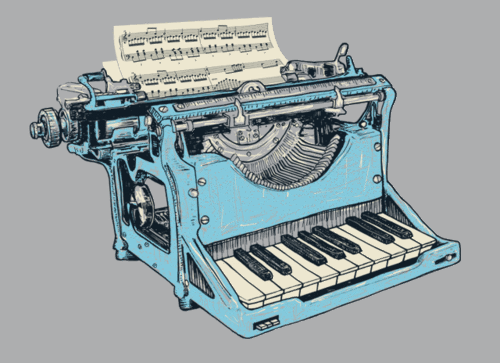 Not every Creative Writing major wants to go to grad school, and to be honest, I’m not even sure if most of them want to be published writers. What brings them to our classes, I think, is a desire to be connected to the world of books. This essay by Dean Bakopoulos speaks to that desire.
Not every Creative Writing major wants to go to grad school, and to be honest, I’m not even sure if most of them want to be published writers. What brings them to our classes, I think, is a desire to be connected to the world of books. This essay by Dean Bakopoulos speaks to that desire.
Creative writing isn’t a pre-professional discipline. We’re not like some academic majors which prepare students for a concrete, discernible “next thing,” such as graduate study, this job, that career path. When my students say, “What I can do with this degree?” I talk about “transferable skills.” I point them in the direction of the career center. Continue reading











